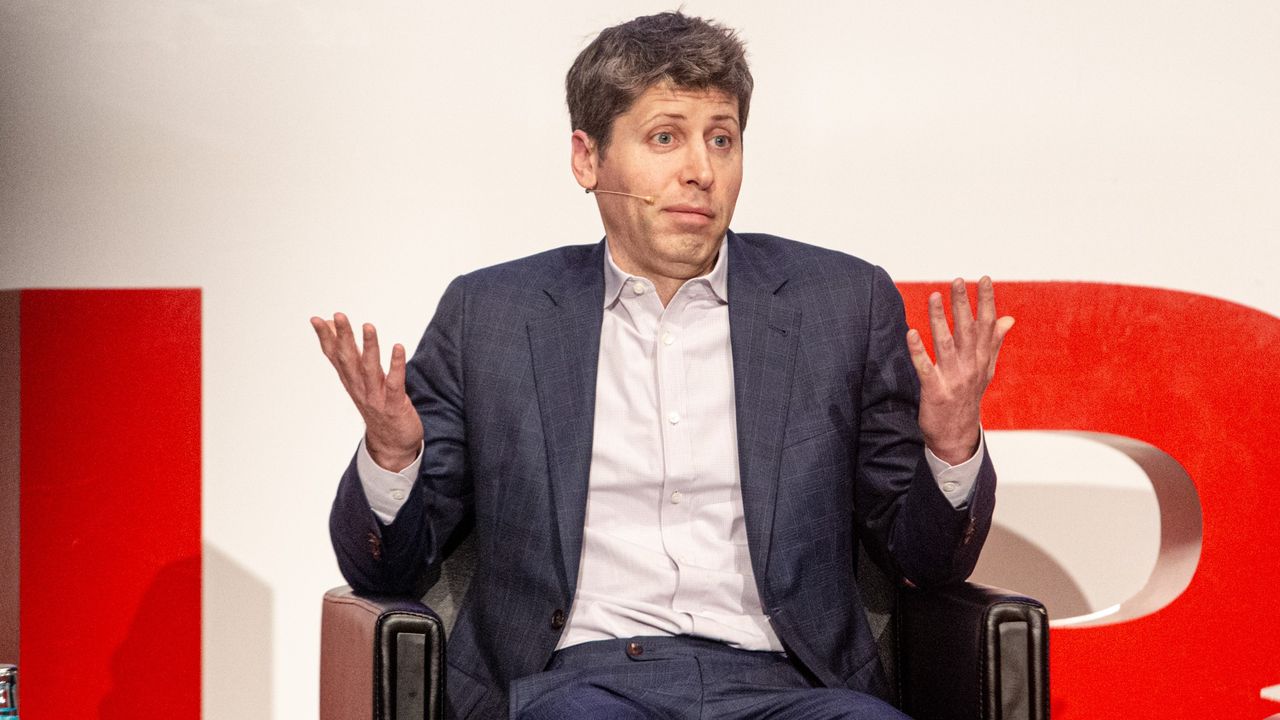OpenAI’s Sam Altman is not looking for government rescue if things go bad: ‘Taxpayers should not bail out companies that make bad business decisions’

Despite top bankers, Ex-Intel CEO Pat Gelsinger, that guy who bet against the 2008 housing market, and even the makers of ChatGPT, suggesting AI is in a bubble, OpenAI’s CEO, Sam Altman is not looking to be bailed out if things go south.
As spotted by Bloomberg, Sam Altman recently took to X to declare: “We do not have or want government guarantees for OpenAI datacenters. We believe that governments should not pick winners or losers, and that taxpayers should not bail out companies that make bad business decisions or otherwise lose in the market. If one company fails, other companies will do good work.”
Instead, Altman proposes that governments should build their own AI infrastructure and then see any positives from such a commitment. “Building a strategic national reserve of computing power makes a lot of sense. But this should be for the government’s benefit, not the benefit of private companies.” He continues, “If we screw up and can’t fix it, we should fail.”
It seems like Altman’s post is reflecting on a recent podcast he did with Tyler Cowen. In this, among things, Altman says, “when something gets sufficiently huge, whether or not they are one paper, the federal government is kind of the insurer of the last resort, as we’ve seen in various financial crises and insurance companies screwing things up.”
This is to say that once a company is big enough, it could be more damaging to a country to let it go under than to prop it up. This was seen with banks in the 2008 housing crisis.
I would like to clarify a few things.First, the obvious one: we do not have or want government guarantees for OpenAI datacenters. We believe that governments should not pick winners or losers, and that taxpayers should not bail out companies that make bad business decisions or…November 6, 2025
Just because Altman reportedly isn’t looking for a bailout doesn’t mean OpenAI won’t receive government support. Altman talks about loan guarantees from the US government to go towards the building of semiconductor fabs in the US. Given President Donald Trump’s aggressive tariff approach this year, this would be in the stated interest of both Altman and Trump.
America wants more production within the country, and OpenAI requires more and more computing power every single year. “We believe the risk to OpenAI of not having enough computing power is more significant and more likely than the risk of having too much.”
Back in August, Altman claimed that it would be spending trillions of dollars on data centre construction in the “not very distant future. In the latest post, Altman acknowledges, “This is the bet we are making, and given our vantage point, we feel good about it.”
The US government isn’t the only one throwing its weight behind OpenAI. In July, the UK government signed a “memorandum of understanding” with OpenAI to see the chatbot maker creating high-paid tech jobs, driving investment in infrastructure, and crucially giving our country agency over how this world-changing technology moves forward
Still, OpenAI and the US government are pursuing the same goal. In July, the Trump administration unveiled its AI action plan to rapidly build out data centres, create hardware for AI development and remove federal regulations on AI to “win the AI race”.
And the notion of governments getting involved in AI infrastructure begs one question: Who bails those governments out if they fail?

